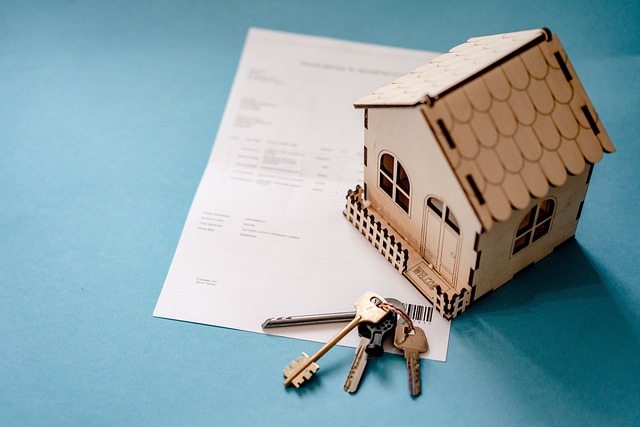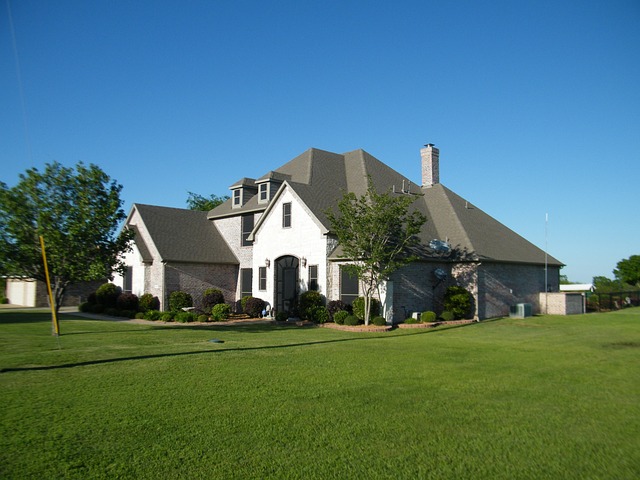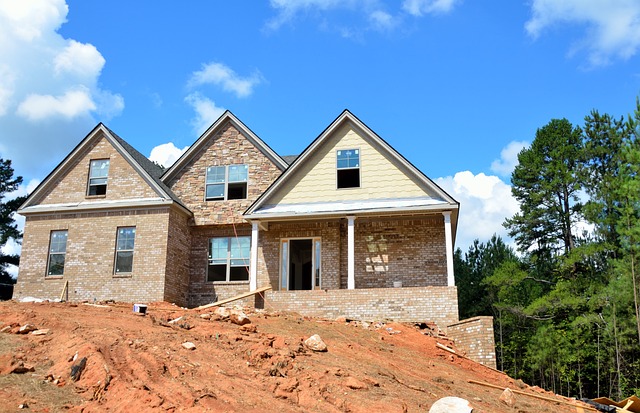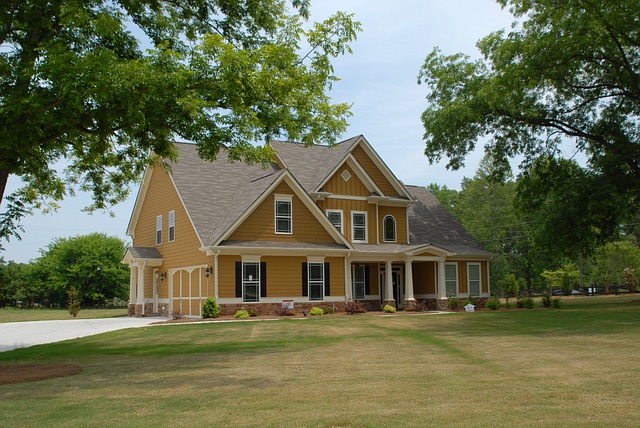Choosing between leasehold and freehold in Elta Condos requires weighing pros and cons. Leasehold offers lower costs, maintained amenities, but limited ownership (99 years) & rent increases. Freehold provides long-term stability, renovation freedom, yet comes with property upkeep responsibilities & higher land taxes. An Elta Condo property guru advises balancing these factors against personal needs, budget, and future goals for a sound decision in the competitive market.
“Unraveling the mystery of Elta Condo ownership: Leasehold vs. Freehold. As an aspiring Elta Condo property guru, understanding these distinct structures is paramount before making a decision that could impact your investment for years to come. This comprehensive guide dives into the core differences between leasehold and freehold titles, empowering you with insights to navigate this crucial choice.
From legal implications to financial considerations, we’ll explore what sets these options apart, helping you become an informed homeowner.”
- Understanding Elta Condo Leasehold vs Freehold: A Comprehensive Guide
- Key Differences and Considerations for Homeowners
Understanding Elta Condo Leasehold vs Freehold: A Comprehensive Guide

Understanding Elta Condo Leasehold vs Freehold is a crucial step for any prospective buyer or investor looking to navigate the real estate market, especially in urban areas where high-rise apartments and condos are prevalent. The distinction lies in ownership rights: leasehold refers to a long-term lease granted by a landlord, typically a developer, while freehold means full ownership of the property, including the land it stands on. As an Elta Condo property guru, we emphasize that each option has its advantages and considerations.
Leasehold properties offer advantages like lower initial costs and often include maintenance and amenity fees covered in the lease agreement. However, they are subject to rising rent and potential landlord control over alterations or renovations. Conversely, freehold condos provide long-term stability, freedom to make modifications, and no risk of rent increases from a third party. Yet, buyers assume full responsibility for property upkeep and associated costs. Understanding these dynamics is key to making an informed decision in the competitive Elta Condo market.
Key Differences and Considerations for Homeowners

When considering between Elta Condo leasehold and freehold properties, homeowners must understand the key differences that will impact their future living experience. Leasehold ownership offers a more limited possession period, typically 99 years, after which the property reverts to the landlord or developer. This means homeowners don’t own the land themselves, only the building on top of it. On the other hand, freehold properties grant full ownership rights, including the land and any improvements made over time. Homeowners have more control, flexibility, and long-term investment potential with freehold.
An Elta Condo property guru would advise that leasehold properties often come with lower initial costs since homeowners don’t bear the brunt of maintenance responsibilities for the land itself. However, they must pay ground rent to the landlord and may face restrictions on alterations or renovations. Freehold owners have more autonomy in terms of property customization but typically take on additional expenses for land taxes and maintenance. Homeowners should weigh these factors against their personal preferences, budget, and long-term goals when making this crucial decision.
When considering an Elta Condo, understanding the distinction between leasehold and freehold is paramount. As an informed Elta Condo property guru, recognizing the key differences outlined in this guide empowers you to make a well-rounded decision that aligns with your long-term goals. Both options have their merits, but leasehold offers greater flexibility and potential for investment, while freehold provides full ownership rights without recurring ground rent. Ultimately, the choice depends on personal preferences, financial situation, and future plans, ensuring each homeowner receives the most suitable arrangement.



